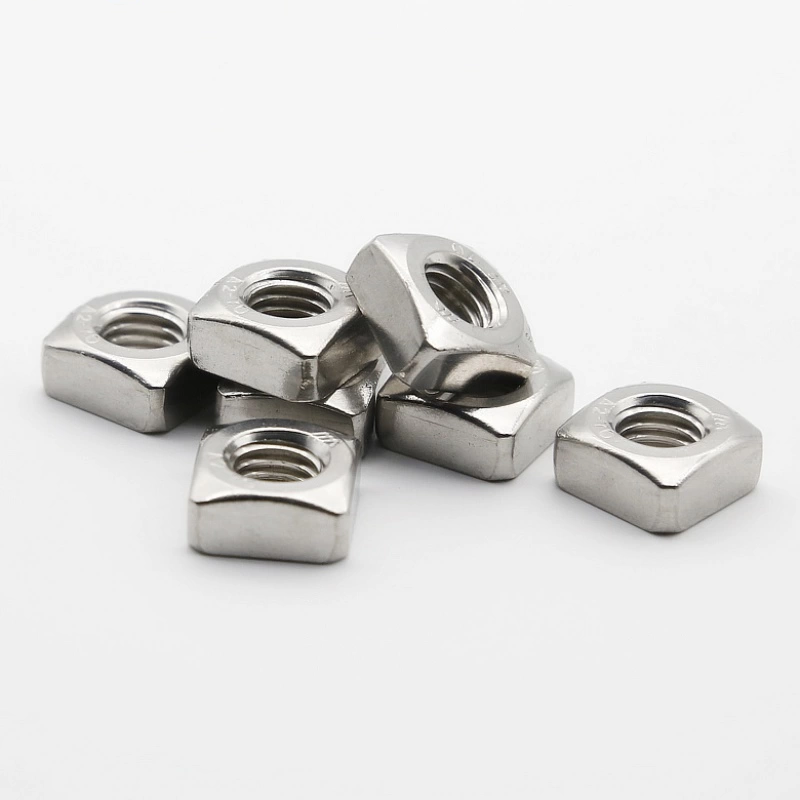

316 stainless self tapping screws
दिसम्बर . 03, 2024 14:51 Back to list
316 stainless self tapping screws
Understanding 316 Stainless Steel Self-Tapping Screws
When it comes to fastening materials, the type of screw used can significantly impact the durability and performance of the construction. Among various options available, 316 stainless steel self-tapping screws have gained substantial recognition in various industries for their unique properties and advantages. This article will explore the features, benefits, applications, and considerations associated with 316 stainless steel self-tapping screws.
What Are Self-Tapping Screws?
Self-tapping screws are designed to create their own hole in the material they are being driven into. Unlike standard screws, which require a pre-drilled hole, self-tapping screws can penetrate and tap the material as they are inserted. This property makes them particularly versatile, as they can be used in a variety of materials, including metal, plastic, and wood. The ability to create their own thread allows for a quicker and more efficient installation process, reducing the time and labor typically associated with traditional screws.
The Importance of 316 Stainless Steel
Stainless steel is recognized for its corrosion resistance, strength, and aesthetic appeal. However, not all stainless steel is created equal. 316 stainless steel is an alloy that contains molybdenum, which enhances its resistance to corrosion, particularly against chlorides and saline environments. This makes 316 stainless steel an ideal choice for demanding applications where exposure to harsh conditions is a concern, such as in marine environments, chemical processing plants, and food industry settings.
Key Features of 316 Stainless Steel Self-Tapping Screws
1. Corrosion Resistance 316 stainless steel offers excellent resistance to rust and corrosion, making these screws suitable for outdoor and humid environments. The addition of molybdenum provides an extra layer of protection against pitting and crevice corrosion.
2. Strength and Durability These screws are engineered to withstand heavy loads and high-stress applications. Their high tensile strength ensures that they maintain integrity under pressure, making them reliable for structural applications.
3. Versatile Applications 316 stainless steel self-tapping screws are widely used in marine applications, construction, automotive, and industrial equipment due to their adaptability and performance in diverse environments.
4. Ease of Use The self-tapping feature allows for faster installation and reduced need for additional tools, which can save time and labor costs. This is especially beneficial in large-scale construction projects where efficiency is key.
5. Aesthetic Appeal The polished finish of stainless steel adds a sleek and modern look, which can be essential in visible applications.
316 stainless self tapping screws

Common Applications
Due to their resilience and durability, 316 stainless steel self-tapping screws are employed in several industries, including
- Marine Used for boat building and repairs, as well as in coastal construction, where exposure to seawater is common. - Food Processing Ideal for equipment and installations in environments where cleanliness and resistance to corrosion are essential. - Construction Frequently used in structural applications, including roofing, siding, and framing, where strength and resistance to the elements are crucial. - Automotive Employed in the manufacturing of vehicles where corrosion resistance is necessary, particularly in areas exposed to road salt.
Considerations When Choosing 316 Stainless Steel Self-Tapping Screws
While 316 stainless steel self-tapping screws offer numerous benefits, there are factors to consider when selecting the right screw for your application
1. Material Compatibility Ensure that the screw is compatible with the materials you are attaching to avoid galvanic corrosion.
2. Screw Size and Type Select the appropriate size and type of screw for your project to ensure optimal performance.
3. Installation Method Understand the required installation method and ensure you have the right tools for driving the screws efficiently.
4. Cost While 316 stainless steel screws are generally more expensive than regular steel screws, the long-term benefits and durability often justify the initial investment.
Conclusion
In conclusion, 316 stainless steel self-tapping screws are a formidable choice for a wide range of applications. Their exceptional corrosion resistance, strength, and ease of use make them a go-to option for both residential and industrial projects. Understanding their advantages and considerations can help ensure that you choose the right fasteners for your specific needs, ultimately contributing to the longevity and integrity of your constructions.
Latest news
-
Premium Self Tapping Metal Screws: Strong & Easy Install
NewsAug.02,2025
-
Premium Fasteners Manufacturer | AI-Driven Solutions
NewsAug.01,2025
-
Hot Dip Galvanized Bolts - Hebei Longze | High Strength, Corrosion Resistance
NewsAug.01,2025
-
High-Strength Hot Dip Galvanized Bolts - LongZe | Corrosion Resistance, Custom Sizes
NewsAug.01,2025
-
Best Self Tapping Screws for Drywall - Fast & Secure Installation
NewsJul.31,2025
-
High-Strength Hot Dip Galvanized Bolts-Hebei Longze|Corrosion Resistance&Customization
NewsJul.31,2025

